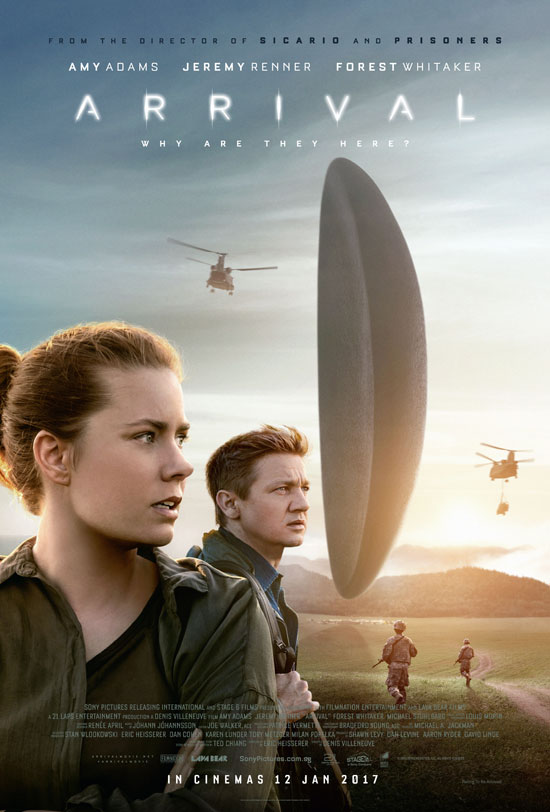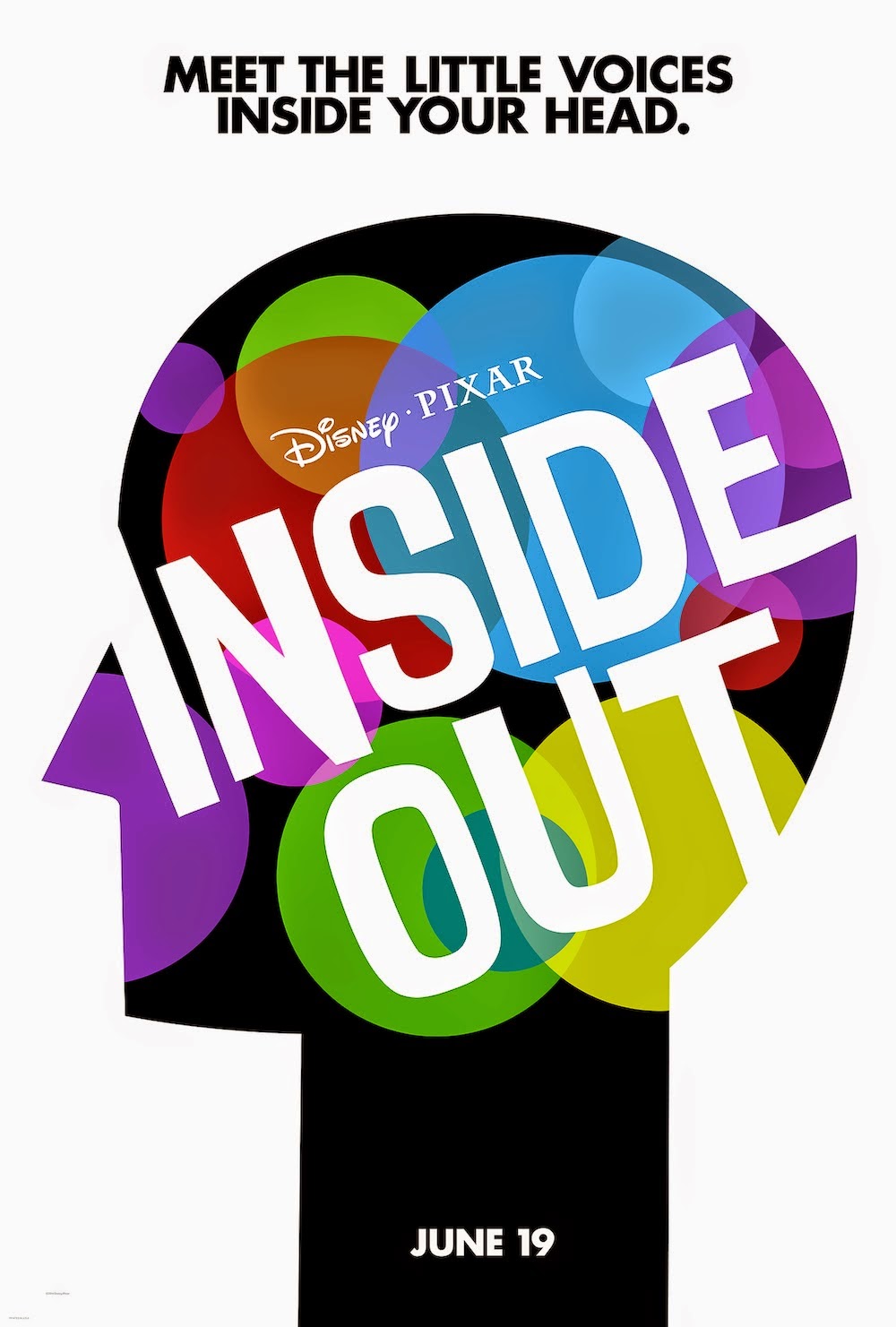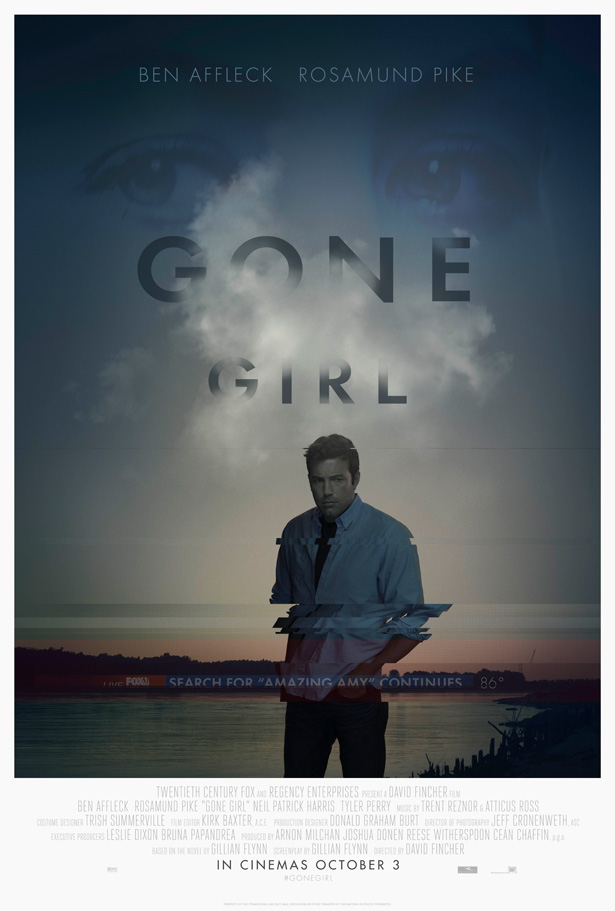Genre: Sci-Fi, Action
Director: James Cameron
Screenplay: James Cameron & Rick Jaffa & Amanda Silver
Cast: Sam Worthington, Jack Champion, Trinity Jo-Li Bliss, Britain Dalton, Jamie Flatters, Brendan Cowell, Edie Falco, CCH Pounder, Joel David Moore, Cliff Curtis, Kate Winslet, Stephen Lang, Sigourney Weaver, Zoe Saldana, Bailey Bass
Running Length: 192 minutes
Synopsis: Set more than a decade after the events of the first film, “Avatar: The Way of Water” begins to tell the story of the Sully family (Jake, Neytiri, and their kids), the trouble that follows them, the lengths they go to keep each other safe, the battles they fight to stay alive, and the tragedies they endure.
Review: After a very long gestation period beset by multiple production delays (and of course the pandemic), the first sequel to 2009’s Avatar – still the top grossing film of all time – has finally arrived. This is James Cameron’s labour of love and return to the big screen since, well, the first Avatar. As the first of four planned sequels, does Avatar: The Way of Water live up to expectations and sets you up wanting more? The answer is, surprisingly, probably dependent on what format you’re watching the film in.
Make no mistake, while Avatar: The Way of Water is a perfectly serviceable sci-fi/action blockbuster in 2D, it really doesn’t shine as it should in any non-3D format. This is because James Cameron had clearly intended for the film to be an immersive experience, much like the first Avatar, and if you take away the immersion, then what’s left is no different from many of the big-budget films that have come and gone in recent years. (In fact, there seem to be echoes of almost all of James Cameron’s past movies, with scenes that feel like references to Titanic, Aliens, The Abyss and Terminator 2.) That’s not to say there aren’t any redeeming dramatic qualities in Avatar: The Way of Water, just that plot and characterization isn’t the main driver behind what makes the film a true Cinematic Experience. Anyone watching the film in 2D is unlikely to “get the hype”, even if it still serves its purpose of providing an entertaining diversion.
However, once you make the decision to watch the film like James Cameron intended – in 3D, on the largest, brightest screen you have access to – the movie is a glorious celebration of cinema, and it’s almost impossible to describe how far ahead of the technical curve Avatar: The Way of Water is compared to basically every movie that came before it. The world of Pandora is so intricately fleshed out, and so realistically created, that it frequently beggars belief. It is truly easy to lose yourself in the world of Pandora, and only the most jaded cinemagoer would be unmoved by the experience. While the first Avatar introduced most of the world to 3D cinema (and unfortunately a slew of poorly converted 3D films thereafter, essentially killing off much of the demand for 3D), The Way of Water breaks even more ground with its use of 3D, and makes a very compelling case for its return.
And where the first Avatar focused on the Pandoran forest and its flora and fauna, in The Way of Water, the truly jaw dropping stuff comes when the camera first plunges into the waters of Pandora. It is undoubtedly mesmerizing and the level of detail alone is reason enough for repeat viewings, but because James Cameron really does invest a significant portion of the film’s epic 192-minute running time in showcasing the new world of Pandora, especially in the second act, there will be audiences who will feel their patience being tested midway through.
Apart from the superlative technical achievements, let’s not forget that James Cameron is also one of the best directors of our time, especially when it comes to going big. Avatar: The Way of Water is no different from his previous works. It’s truly a pleasure to see a master of his craft, for example, helm action sequences with an unhurried, steady hand while constantly ratcheting up the tension, without having to resort to jerkycam and quick cuts like so many contemporary films. It’s truly the best of both worlds – an old-school storyteller doing so with bleeding edge technology. Is The Way of Water a perfect movie? Probably not by most counts, but as a film that could set the tone for the future of cinema, it is pretty much as good as it can possibly get.
Rating: * * * * (out of four stars) – if you’re watching it in 3D as Jim intended / * * * (out of four stars) – if you’re watching it in 2D




